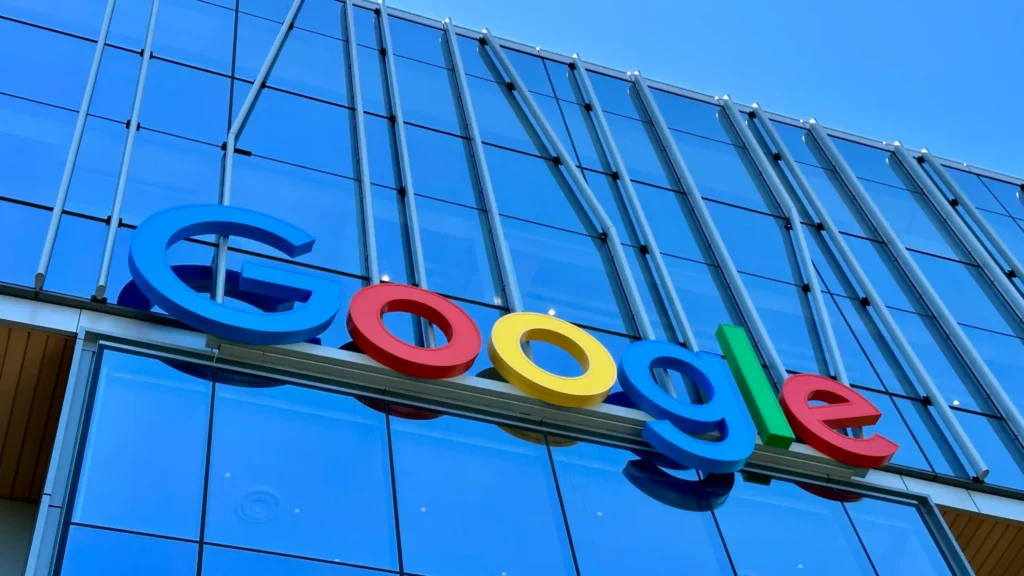Google’s Search Market Share Drops Below 90% for the First Time Since 2015
For the first time in nearly a decade, Google’s dominance in the global search engine market has dipped below 90%, according to the latest data from Statcounter. Throughout the final three months of 2024, Google’s global market share consistently remained under the 90% threshold — marking a significant shift in the search landscape.
A Closer Look at Google’s Declining Market Share
Statcounter’s data reveals a steady decline in Google’s market share during the last quarter of 2024:
- October: 89.34%
- November: 89.99%
- December: 89.73%

The last comparable stretch of similar underperformance dates back to 2015, when Google’s share fell below 90% for three consecutive months:
- January 2015: 89.62%
- February 2015: 89.47%
- March 2015: 89.52%
Why This Matters
The age-old business saying goes, “One’s a dot, two’s a line, and three’s a trend.” This consistent three-month decline suggests a possible trend, raising the question: Is Google’s long-standing dominance finally slipping?
The Regional Breakdown: What’s Driving the Drop?
The decline appears more region-specific than global, with Asia playing a significant role in the dip. Most other regions remained relatively stable, indicating that the shift in search behavior may be more prominent in certain areas.
U.S. Market Share:
While the global numbers show a downward trend, Google’s U.S. market share experienced similar fluctuations:
- November 2024: Peaked at 90.37%
- December 2024: Dropped to 87.39%
- Throughout the year, it hovered between 86% and 88%, indicating a more stable hold in the U.S. market compared to Asia’s sharper decline.

The Bigger Picture: Is Google’s Grip Loosening?
For nearly a decade, it has dominated the search engine market, holding a commanding 90-92% share despite growing scrutiny over its search quality and alleged monopoly practices. However, the recent data suggests a potential shift in consumer preferences and search habits.
This decline raises an important question: Are people beginning to explore alternatives?
Where Are Users Going?
While AI-powered search engines like ChatGPT Search and Perplexity have gained attention, Statcounter’s measurements primarily focus on traditional search engines, such as:
- Microsoft Bing
- Yandex
- Yahoo
- Baidu
Bing, in particular, captured a portion of Google’s lost share, maintaining a steady position at or just below 4% for the last five months of 2024.
Additionally, the “Other” category, which includes privacy-focused engines like DuckDuckGo and Ecosia, also saw slight gains.
What’s Next?
While Google’s drop may not signal immediate disruption, the consistent decline raises significant implications for the search engine industry. The coming months will reveal whether this is a temporary fluctuation or the beginning of a broader shift in user behavior toward more diverse search platforms.
✅ Key Takeaway: If this trend continues, search engine competition could heat up significantly in 2025, especially with the rise of AI-driven search models and alternative platforms gaining ground.


